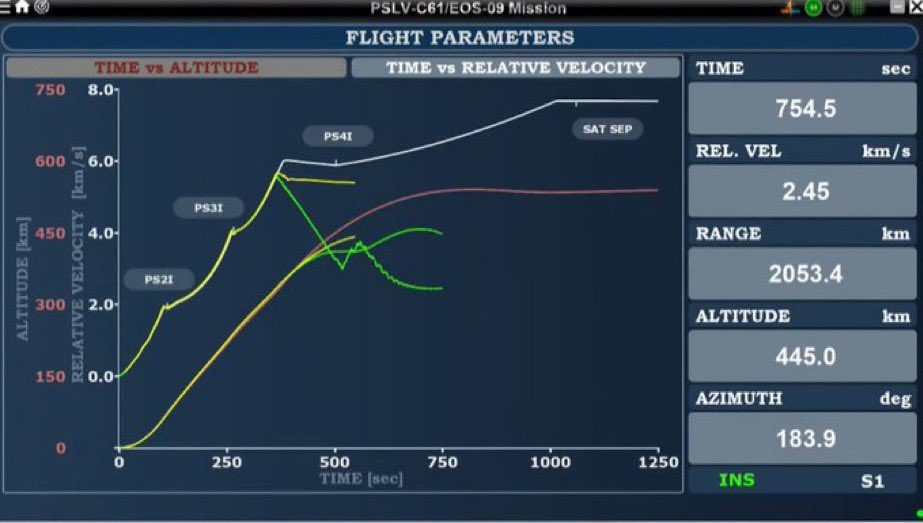The UK government has decided to allow the Chinese quasi state-run Huawei firm to build the planned 5G telecommunications infrastructure in the United Kingdom. USA and the other three countries of the “Five Eyes” intelligence alliance (Canada, Australia, New Zealand) had previously warned the UK not to do this, citing security concerns. Nevertheless, the need for a good trading relationship with China, while also having access to Huawei’s excellent 5G technology, some of which is already implemented, the UK Government has decided to allow Huawei limited access to the UK’s 5G infrastructure project. It will be restricted to 35 per cent of the construction of the system and will mainly be involved in the antenna/transmitter element rather than the sensitive “core” processing from which it will be excluded from. There will further restrictions. None of Huawei’s hardware or software will be allowed near any military or nuclear establishments.

Even in Western Democracies, many of George Orwell’s predictions in his book Nineteen Eighty-Four are coming true. Courtesy: Penguin
Despite reassurances from the UK government, critics have pointed out the threats of having China accessing UK’s 5G network. Before the decision was made, Robert Spalding, Senior Fellow at the Hudson Institute, explained on the BBC Radio 4 Today programme, that 5G telecoms technology, via the use of AI (Artificial Intelligence) and machine-learning, would give governments the ability to use internet-of-things applications to track and monitor citizens’ activities at all times. He further noted that it was one thing for a democratic nation state to be in charge of this, but quite another to allow another nation state to be in control.
Across the pond, it is not just the President Trump’s administration that is warning against this move. Critics within the US Congress have warned that China may soon dominate 5G and later standards of communications technology. They have also noted that the UK is effectively being made into a surveillance state run by the Chinese Communist Party.
The growth of state surveillance is growing no matter who is in control. Privacy and democracy campaigners are, at present, vehemently protesting over the recent decision by London’s Metropolitan Police to roll out live facial recognition software and imaging systems across the city. The Metropolitan Police say that it will help catch criminals and protect the public. Although the roll-out has the tacit acceptance of the UK Government and the Mayor of London, its critics note that this is being done with little parliamentary scrutiny or adjudication.
Comment by David Todd: US Congress representatives are effectively making the warning: If you deal with devil, there will be hell to pay. Nevertheless, economic aspects aside, it would be unwise of the UK Government to allow China to have access to the UK’s telecom network. China is strongly suspected already of making hacking attacks on the UK’s internet infrastructure for the purpose of spying and to seek out infrastructure control weaknesses.
All this is happening in this 70th anniversary of the death of George Orwell. His book “Nineteen Eighty Four” warns of what a surveillance state might look like and it looks like it is all coming true, with China being a prime example. Whether the UK wants to follow China down this road or not, this writer has long forewarned that space technology could and would be used to track us all. To some extent that has come true with GPS satellite technology applied to smart phones and cars. However, citizens can, at least, still switch this off on their mobile phones or leave these tracked appliances at home etc. The problem is that with mass facial recognition – as already extensively used by the Chinese government, is that once it is all networked via 5G technology there will be no escape.
Privacy will be at an end. And so will true freedom and democracy. There have already been past incidents of British police wrongly using ANPR (Automatic Number Plate Recognition) systems to stop people from travelling to legitimate democratic protests. The new surveillance technologies of facial recognition and 5G tracking will mean that democratic protesters probably won’t make it on foot either as the police will have stopped them.
As the Roman poet Juvenal wisely warned in his rhetorical question: Quis custodiet ipsos custodes? (Who will watch the watchmen?)







